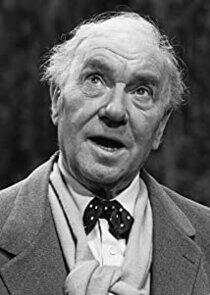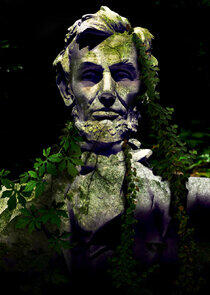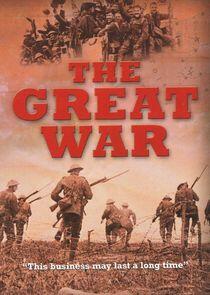
Ralph Richardson
In the 1940s, together with Olivier and John Burrell, Richardson was the co-director of the Old Vic company. There, his most celebrated roles included Peer Gynt and Falstaff. He and Olivier led the company to Europe and Broadway in 1945 and 1946, before their success provoked resentment among the governing board of the Old Vic, leading to their dismissal from the company in 1947. In the 1950s, in the West End and occasionally on tour, Richardson played in modern and classic works including The Heiress, Home at Seven, and Three Sisters. He continued on stage and in films until shortly before his sudden death at the age of eighty. He was celebrated in later years for his work with Peter Hall's National Theatre and his frequent stage partnership with Gielgud. He was not known for his portrayal of the great tragic roles in the classics, preferring character parts in old and new plays.
Richardson's film career began as an extra in 1931. He was soon cast in leading roles in British and American films including Things to Come (1936), The Fallen Idol (1948), Long Day's Journey into Night (1962) and Doctor Zhivago (1965). He received nominations and awards in the UK, Europe and the US for his stage and screen work from 1948 until his death. Richardson was twice nominated for the Academy Award for Best Supporting Actor, first for The Heiress (1949) and again (posthumously) for his final film, Greystoke: The Legend of Tarzan, Lord of the Apes (1984).
Throughout his career, and increasingly in later years, Richardson was known for his eccentric behaviour on and off stage. He was often seen as detached from conventional ways of looking at the world, and his acting was regularly described as poetic or magical.
Biography from the Wikipedia article Ralph Richardson. Licensed under CC-BY-SA. Full list of contributors on Wikipedia.
Known For
Recently Updated Shows

Big Brother
Big Brother follows a group of people living together in a house outfitted with dozens of high-definition cameras and microphones recording their every move, 24 hours a day. Each week, the Houseguests will vote someone out of the house. At the end, the last remaining Houseguest will receive the grand prize of $500,000.

MasterChef Australia
MasterChef Australia is an Australian competitive cooking game show consisting of a group of hopeful contestants that cook and present food to judges in order to win the title of MasterChef Australia.

Life After People
What would happen to planet earth if the human race were to suddenly disappear forever? Would ecosystems thrive? What remnants of our industrialized world would survive? What would crumble fastest? From the ruins of ancient civilizations to present day cities devastated by natural disasters, history gives us clues to these questions and many more in the visually stunning and thought-provoking special, Life After People.

America's Got Talent
With the talent search open to acts of all ages, America's Got Talent has brought the variety format back to the forefront of American culture by showcasing performers from across the country. The series is a true celebration of the American spirit, featuring a colorful array of singers, dancers, comedians, contortionists, impressionists, jugglers, magicians, ventriloquists and hopeful stars, all vying for their chance to win America's hearts and the $1 million prize.

